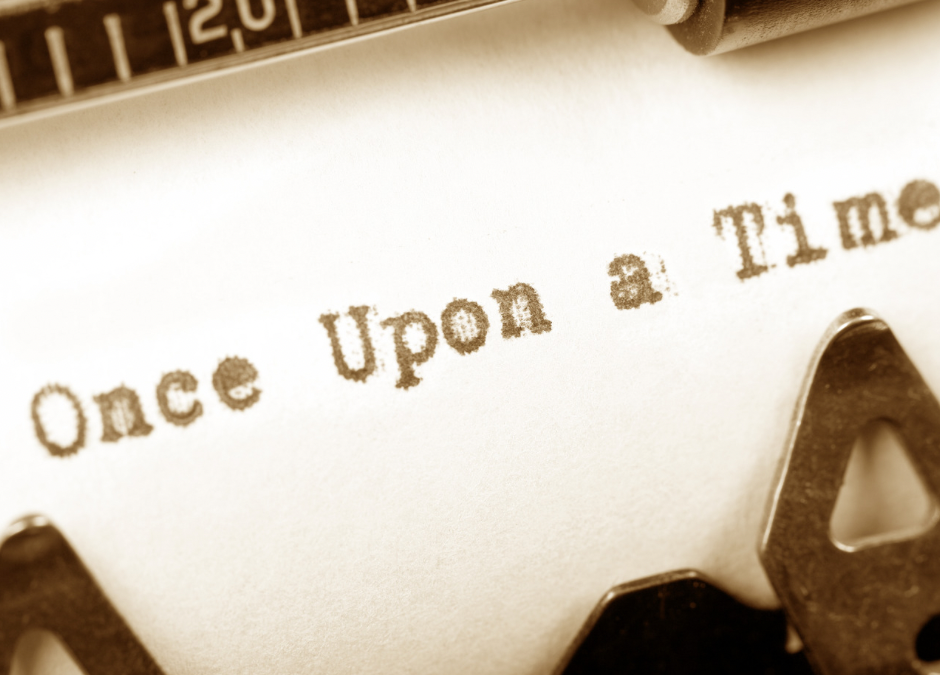
Imagine, it’s a great day to start writing.
You pick up the pen that is right next to you in a little cup. As you sit down, get comfortable, and gaze upon the blank paper, ready to create a work of art, a communication of deep significance, an exam response that will wow everyone who reads it and be remembered in the halls of history. But as 5 minutes pass, 10 minutes pass, you continually gaze down. The paper is still blank. How do you start? This question is one that I have dealt with continually, and perhaps is a question that you’ve been contemplating every single time you’ve tried to write a brand new piece. Well, you’re definitely not alone.
Introducing arguments or essays effectively is crucial in capturing the reader’s interest and setting the tone for your writing. Here are several techniques to consider:
- Anecdote or Personal Story: Start with a brief, engaging story or personal experience related to your topic. This approach can make your essay relatable and capture the reader’s interest from the beginning.
- Startling Statistic or Fact: Presenting a surprising or little-known fact or statistic can immediately grab the reader’s attention and highlight the importance of your topic.
- Quotation: Use a relevant quote from a well-known figure, which can provide an authoritative start to your essay and introduce the reader to your topic’s context.
- Question: Open with a thought-provoking question. This can engage readers by prompting them to think about the answer and how it relates to the broader topic.
- Contrast and Comparison: Begin by comparing and contrasting two ideas, situations, or phenomena. This technique is effective in highlighting the differences or similarities that you will explore in your essay.
- Historical Context: Provide historical background relevant to your topic. This approach is particularly useful in setting the stage for your argument and showing its evolution over time.
- Current Events: Link your topic to a current event or a recent development. This makes your essay timely and shows the relevance of your argument in the contemporary world.
- Rhetorical Question: Pose a rhetorical question that doesn’t necessarily require an answer but serves to introduce the main theme or provoke thought about the topic.
- Vivid Description or Scene Setting: Create a vivid picture or set the scene for your topic. This can be particularly effective for narrative or descriptive essays.
- Thesis Statement: Sometimes, starting directly with a clear, concise thesis statement can be powerful, especially in shorter essays or when your argument is particularly compelling or controversial.
- Analogies and Metaphors: Use an analogy or metaphor to explain a complex topic in simpler terms or to draw a parallel that guides the reader’s understanding of your subject.
- Addressing the Reader: Directly addressing the reader can create a conversational tone and immediately engage them in the topic.
- Provocative or Controversial Statement: Start with a statement that challenges conventional wisdom. This can be a great way to engage readers who might have strong opinions on the topic.
- Foreshadowing: Hint at the main points or conclusions of your essay in the introduction. This gives readers a glimpse of what to expect.
- Expert Opinion or Testimony: Cite an expert or use testimony to provide a credible start to your essay, particularly for argumentative essays on scientific or technical subjects.
Remember, the best technique depends on your essay’s topic, purpose, and audience. It’s often effective to combine several of these techniques to create a compelling introduction.



